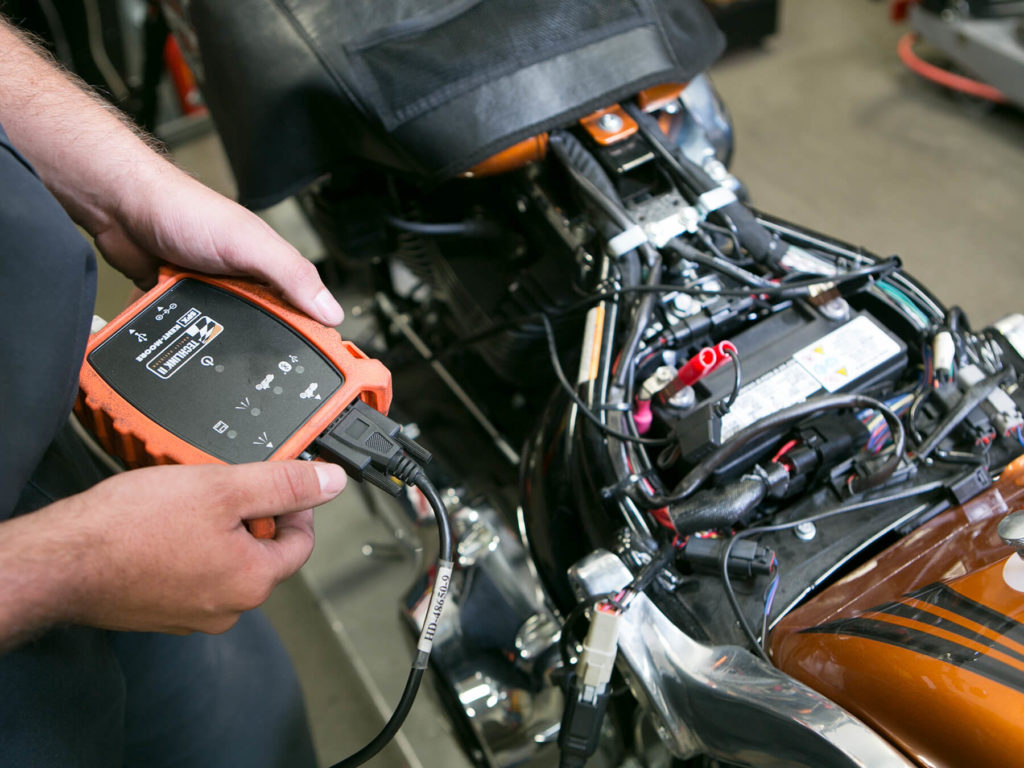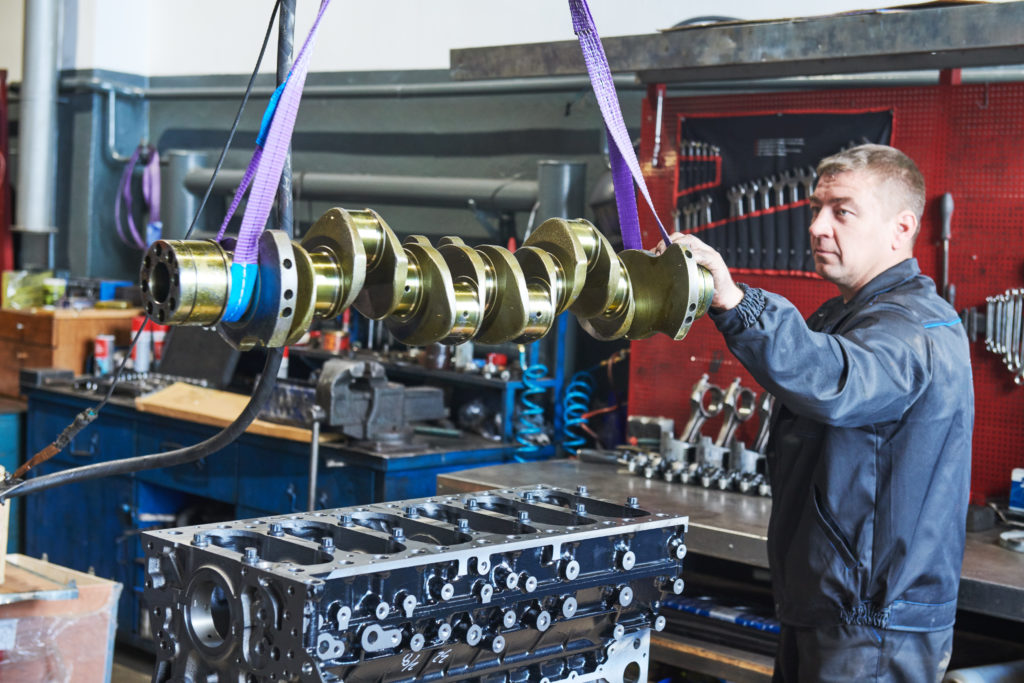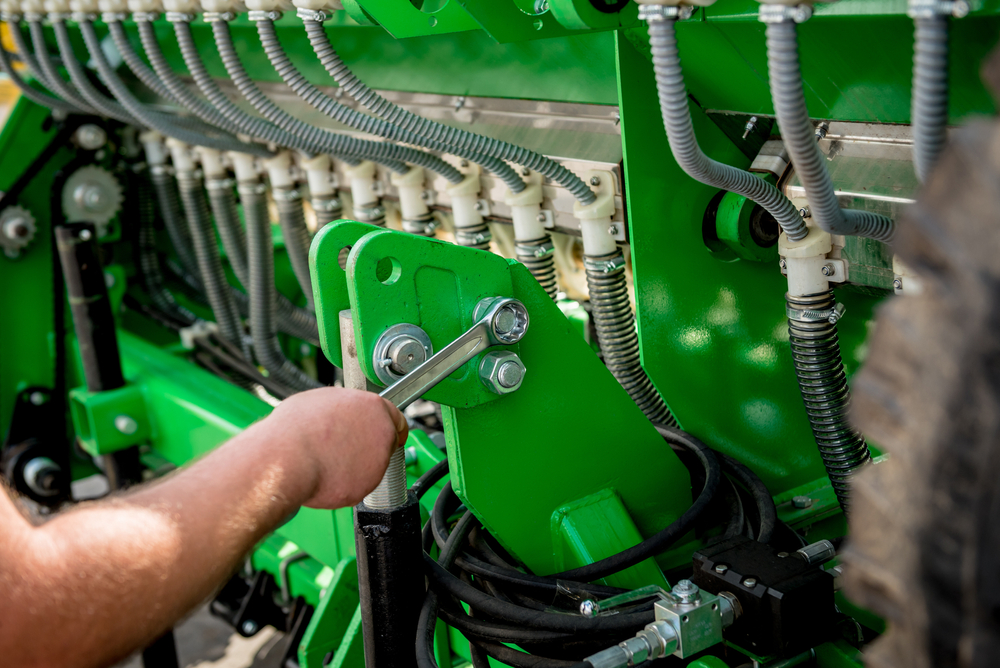Is a CNC Machining Degree Hard?
Is a CNC Machining Degree Hard?
When it comes to manufacturing processes, there aren’t many skills that require more precision than CNC machining. CNC (or computer numerical control) technology is a means of transforming stock material—anything from metal or plastic to wood or foam—into three-dimensional parts, components, or objects. It’s a critical process for many industries, including transportation, aerospace, construction, and manufacturing.
Have you been thinking about pursuing a hands-on career and becoming a CNC machinist? If you’ve been wondering how hard it is to earn a CNC degree, we have a few important points for you to consider!
1. Are you technologically savvy?
This is where the “computer” in “computer numerical control” comes in. CNC machines use computer programming and automation to get the job done, and machinists need to be competent users in order to manage them. CNC students will also need to be ready to get familiar with reading blueprints or sketches and computer-aided design (CAD) or computer-aided manufacturing (CAM) files, which are the guides used in most machining projects.
2. Are you detail-oriented?
CNC machining involves a high level of precision—and not paying close attention to the details can result in costly mistakes. Reading files, setting up machine tools, monitoring the feed and speed of machines, examining and testing completed projects, and making modifications will require exacting care and specificity. In a CNC training program, you’ll need to learn how to be aware of the little things.
3. Do you have manual dexterity?
While a big part of CNC machining is being able to setup and maintain computerized tools and software programs, it also involves working with your hands. As a CNC student, you’ll need to be prepared to get your hands dirty. Setting up tools, measuring materials and finished products, and milling, drilling, shaping, and grinding completed projects all require some manual dexterity.
4. Do you hate the idea of an office job?
If the idea of sitting at a desk forty hours a week is off-putting, you’re in luck. CNC machinists typically work in machine shops, manufacturing settings, and other factory environments. They are likely to spend a decent amount of time on their feet—and dealing with the loud sounds of machines, fumes from materials, and even flying metal debris. This is not a typical office environment!
Whether a CNC machining program sounds hard is ultimately for you to decide, but for tech-savvy and detail-oriented students looking to work with their hands, this could be the perfect fit.
If you think a career as a CNC machinist sounds like the right path for you, all that’s left to do is find the right training program. The Imagine America Foundation has a robust network of schools that offer the hands-on training you need to get started, and we’re proud to work with partner institutions like Universal Technical Institute. UTI offers training programs in a variety of skilled trades—including computer numerical control machining.
More From Universal Technical Institute
Motorcycle Mechanic Careers with Motorcycle Mechanics Institute
The Future of Motorcycle Mechanic Careers with Motorcycle Mechanics Institute Meet Motorcycle Mechanics Institute As one of the leading providers of professional training for skilled motorcycle technicians, Motorcycle Mechanics Institute (MMI) offers one of the largest motorcycle training group of schools in the nation. Motorcycle…
Leave a Reply Cancel reply
- - ADVERTISEMENT - -
Categories
- Alumni Series (13)
- Automotive (57)
- Aviation (15)
- Business (14)
- Business & Arts (18)
- Career College Expositions (8)
- Career Development (96)
- CCC Blog (1)
- CCC Podcast (9)
- College Resource (90)
- College Showcase – Lincoln Tech (6)
- College Showcase – New Jersey (8)
- College Showcase – Pennco Tech (1)
- College Showcase – Universal Technical Institute (2)
- Continuing Education (155)
- Cosmetology (3)
- Counselor Resources (108)
- Criminal Justice (3)
- Dental Assistant (2)
- Education (110)
- Financial Literacy (17)
- Health Sciences (51)
- Heritage Series (3)
- High School Recruitment Series (4)
- Housing Series (10)
- HVAC (8)
- Imagine America Scholarships (12)
- Information Technology (17)
- Massage Therapy (5)
- Mechanical Sciences (109)
- Medical Assistant (12)
- Millennial Student Series (4)
- News (11)
- Nursing (22)
- Online education (13)
- Pandemic Proof Series (4)
- Personal Finance (17)
- Podcast (91)
- Research (11)
- Road Map Series (2)
- Scholarships (12)
- Social Media Series (4)
- Strata Tech (3)
- Student Success (29)
- Study Tips (3)
- Time Managment (1)
- Top 10 (10)
- Trucking (2)
- Uncategorized (14)
- Universal Technical Institute (19)
- Veteran Affairs (8)
- Welding (24)
- Women in Skilled Trades (3)
Tags
- - ADVERTISEMENT - -







